Between growing social concern over climate change and ambitious environmental strategies being adopted by governments across the world, the global climate crisis is demanding that every aspect of our lives becomes more sustainable.

Nowhere is this truer than in the workspace, where companies with poor sustainability practices face an increasing threat when it comes to attracting top talent.
Sustainability is no longer a ‘nice-to-have’ but a necessity for competition and future development. The question is: how can workspace providers adopt more sustainable practices that will achieve the ambitious results that are required to truly tackle climate change?
Such a rapidly encroaching and difficult issue requires innovative answers to be provided. Technology is unequivocally the key to unlocking this green future.
Tech has transformed, and always will transform, the way we work by responding to the demands of the day.
It is already helping guide us to a more sustainable future. The ‘Internet of Things’ (IoT) is a set of technologies that makes it possible to fully integrate a building’s facilities, users and infrastructure. It can collect data on how and when facilities are used, meaning that if a current office has two oversubscribed meeting rooms and four undersubscribed changing rooms, it might make sense to convert the latter into the former to maximise usability.
But more importantly, the IoT is directly integrated into the building’s appliances, including lighting and heating, meaning activation is exclusively determined by usage and, therefore, energy is not wasted when the space is unoccupied. This saves precious energy and reduces bills for landlords and their tenants.
These technologies will begin to play a much larger role when buildings become self-sustainable. Indeed, a future in which buildings are equipped with solar panels and wind turbines, alongside energy storage facilities, is not far away. In this future, energy generation and storage facilities will be connected to the IoT, creating smart buildings – buildings that ‘know’ when to store and distribute energy depending on usage as well as where to direct it.
As it has always done, technology is helping to meet the demands of the day, in this case those set by mounting climate concerns. Workspace providers must ensure that they are providing the infrastructure and equipment to meet this modern requirement, as well as preparing for those of the future. Today, it is creating light-sensor technologies and energy-efficient electrical products that optimise workspaces.
But technology is not stagnant, and its aspirations are set much further ahead. Tomorrow, technology will develop smart buildings that can self-regulate and distribute energy storage – and who knows what else is still to come?
Wilco Wijnbergen is chief technology officer and co-founder of flexible workspace provider infinitSpace and flexible workspace brand ‘beyond’






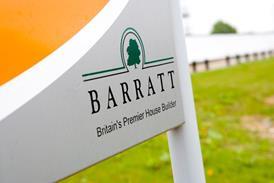

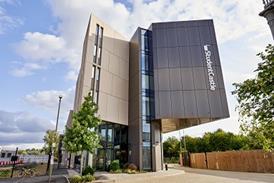















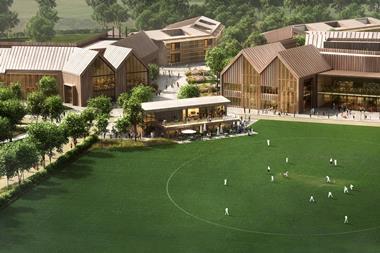
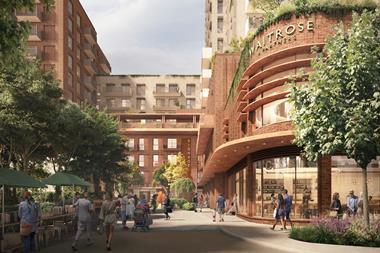


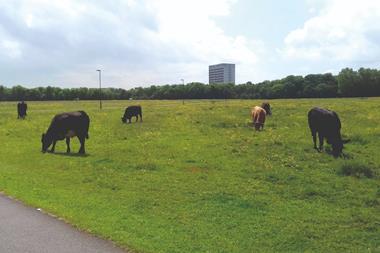
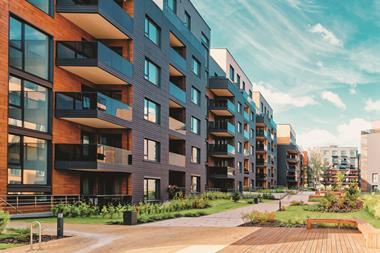
No comments yet